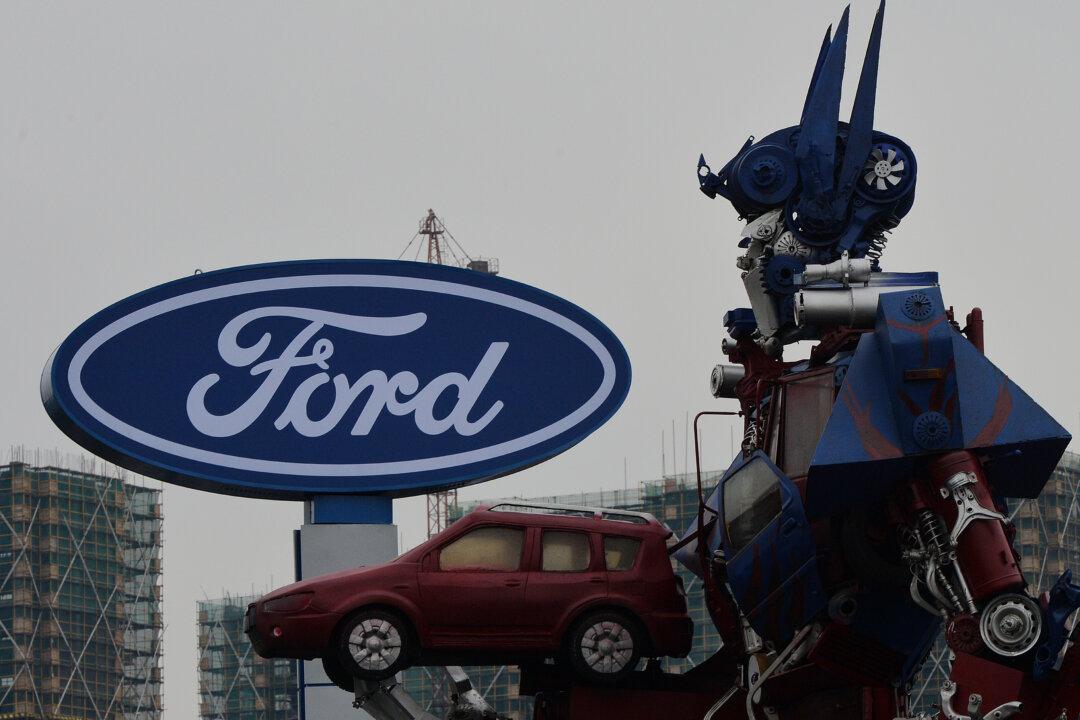Chinese auto industry news sites are predicting that carmakers Ford and Groupe PSA may leave the Chinese market soon, as recently released data shows that their sales have slumped from a year ago.
The data reflects a broader downturn in China’s auto market since last year, when sales declined for the first time in almost three decades. This year, the market is predicted to be even worse.





